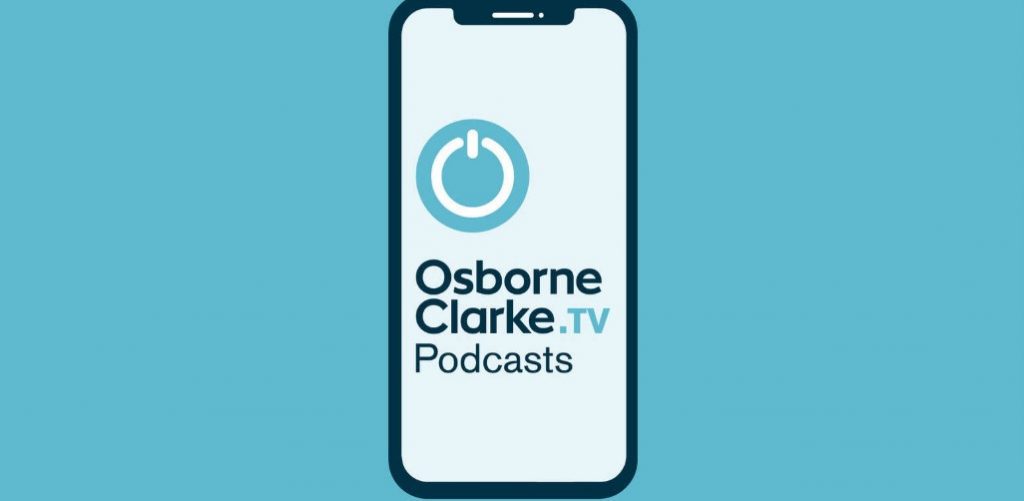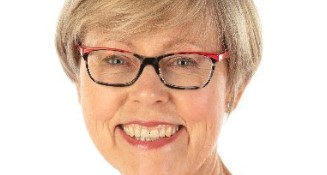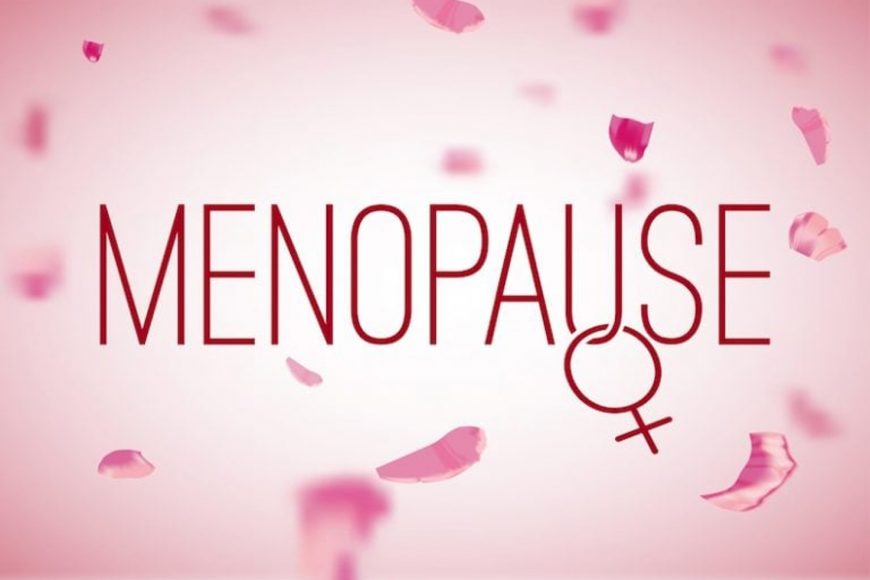
This page is designed to signpost you to some helpful resources for you to look after your health during the menopause and peri-menopause. If you come across other resources that your colleagues may find helpful, please contact the People Directorate.
Remember that you can use our Employee Assistance Programme for confidential advice and a second medical opinion if necessary.
FROM APRIL 2023: Prescription prepayment certificate for HRT. £19.30 for 12 months, saving you money. Visit https://www.gov.uk/get-a-ppc/hrt-ppc to check your eligibility.
**If there is anything particularly concerning you about your health, you should speak to your GP **
What is the Peri-menopause?
The peri-menopause are the years in the run up to menopause, where we experience the reversal of puberty, which can start as early as 35 years of age.
Lesley from Wild Country Woman has very kindly made St Monica Trust colleagues and volunteers a special 20 minute video overview of the peri-menopause and lifestyle changes, which can help symptoms.
www.wildcountrywoman.com
The Menopause
Menopause is a natural stage of life. The average age for women to reach the menopause in the UK is 51, but this can vary widely.
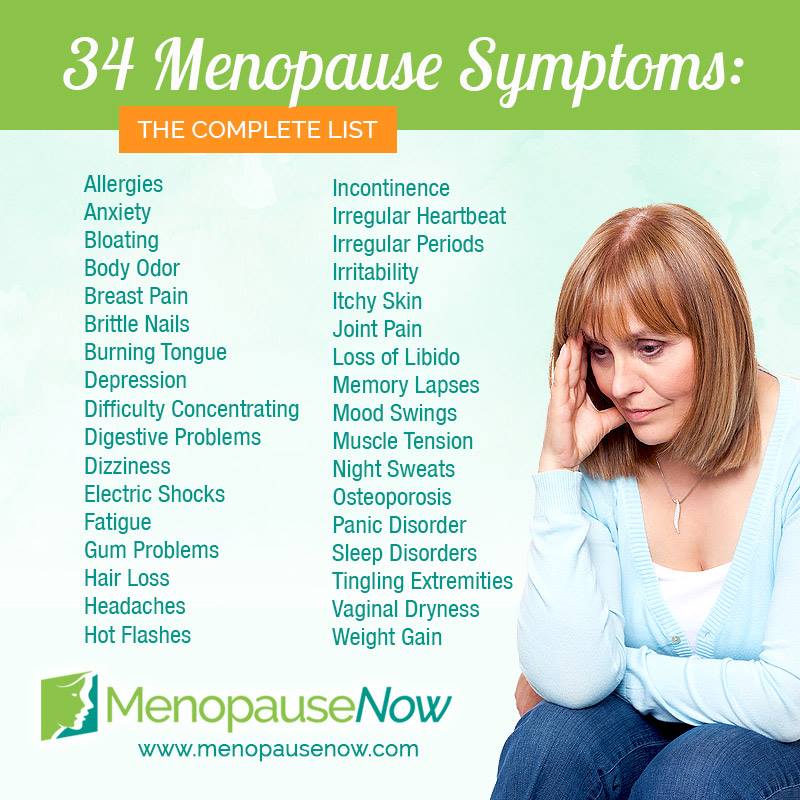
The menopause happens when your ovaries run out of eggs, or stop producing eggs. Your ovaries also make the hormone oestrogen. So when they stop working, there’s a drop in your blood level of this hormone. This change disrupts your periods and causes the symptoms of the menopause.
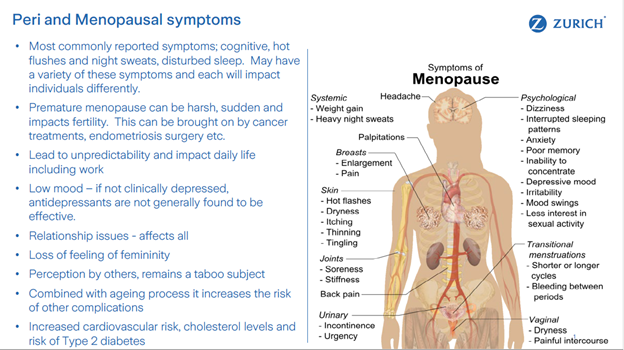
If you’re going through the menopause and are having troublesome symptoms, there’s a lot you can do to help yourself. And treatments are available which will help ease your symptoms; so if you’re concerned, speak to your pharmacist or GP.
When does the menopause happen?
You’re said to have reached the menopause if you haven’t had a period for at least a year.
For the first time, Menopause has been added to the school curriculum in England. In this BBC video three women who have been through the menopause describe their experiences, and talk about how poorly understood “the change” is.

https://www.bbc.co.uk/news/av/stories-53938931
Diet and Managing Menopausal Symptoms
MENOPAUSE VIDEO (5 mins)
Emma Young, Corporate Wellbeing and Registered Nutritional Therapist, has created this bespoke five minute video just for us at St Monica Trust about balancing our diet and giving time for our own well-being to alleviate mood swings and to better manage energy and stress levels during the menopause. Emma’s website; www.lifegold.health
Menopause Awareness in The Workplace:
So how does this affect us in the workplace? How can we help others?
A number of our managers attended a Menopause Awareness workshop on Zoom run by Emma Young (from the above video) and Joanne Boyle from Foot Anstey.
- One in four women needs significant support to maintain normal performance at work due to the severity of her menopausal symptoms.
- Severe symptoms may meet the definition of ‘disabled’ under Equality Act 2010
- There are at least 40 emotional and physical symptoms of the menopause.
- There are simple reasonable adjustments that we can make life easier for those experiencing menopausal symptoms including flexible working arrangements, coaching, temperature control, allowing more frequent rest breaks.
- Perhaps the most important message is to check-in with your team members regularly to create and maintain a strong relationship. This way, you should be able to better understand their symptoms and find ways to help them.
Resources
Books:
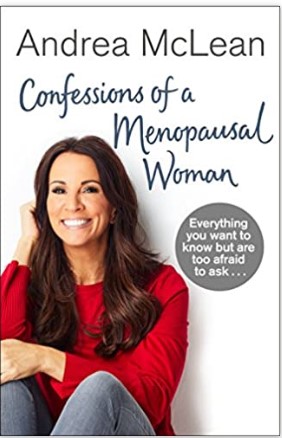


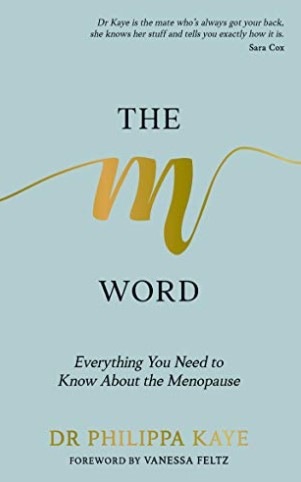
Menopause Awareness Quiz

Menopause Blog
Links:
